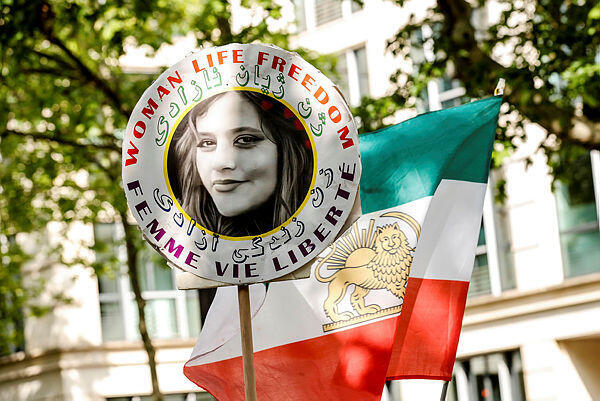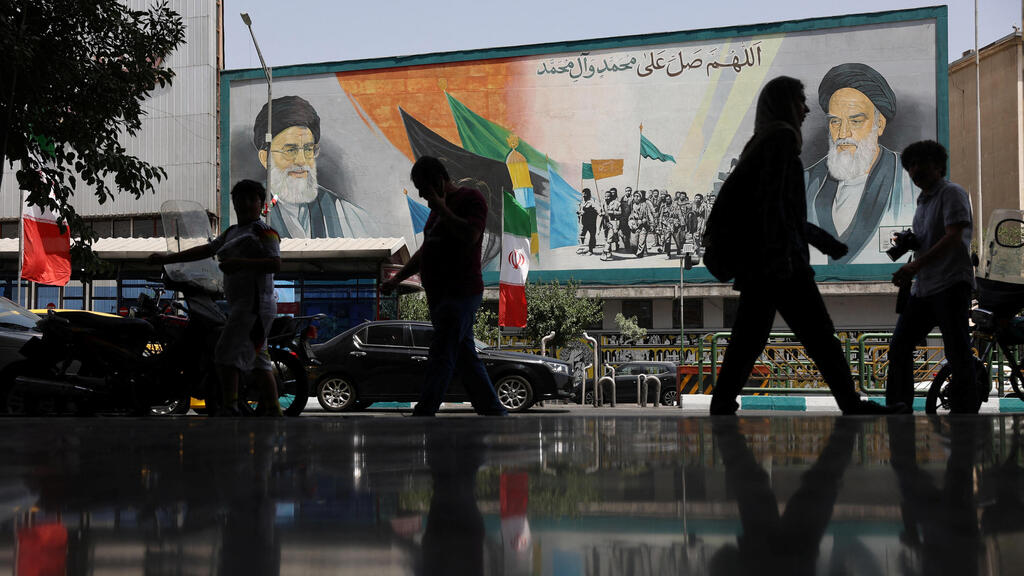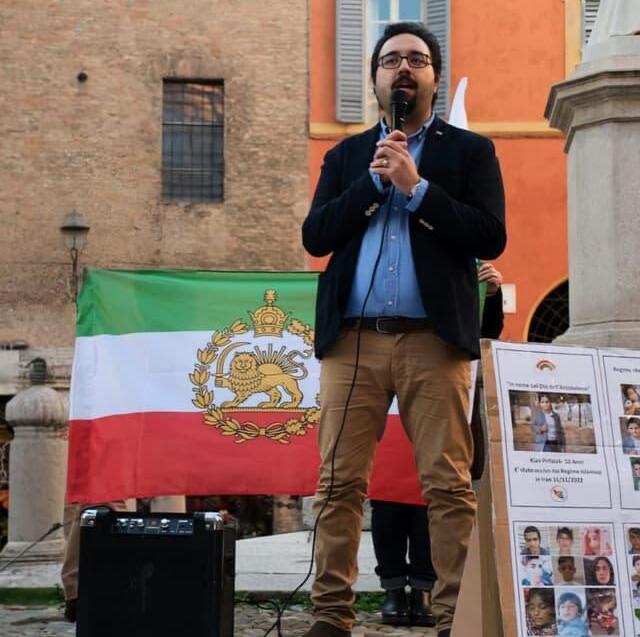Iranian opposition leader Ashkan Rostami, a representative in exile of the Constitutionalist Party of Iran, paints a complex, uncertain picture of the mood in Iran—one marked by mixed emotions, crushing repression, and hope tempered by fear.
“Some people are happy because they think the war is finally over. Others are disappointed because they saw it as a golden opportunity to defeat the regime,” Rostami said in an interview on Tuesday. “And many are just confused. They don’t know whether the war was good or if peace now is better.”
The ceasefire follows an extensive Israeli military campaign that targeted key Iranian regime infrastructure, including nuclear sites, the Ministry of Defense, and state TV headquarters. Yet, Rostami warned that the regime may now turn its fury inward.
“People are afraid the regime, having lost many of its top commanders and facilities, will retaliate by intensifying repression inside Iran,” he said.
Communication has become nearly impossible in recent days due to internet shutdowns imposed by the government, according to Rostami.
“The regime cut off the internet to hide their losses and prevent people from organizing. Without the internet, someone in Isfahan doesn’t know what’s happening in Tehran,” he said.
While an estimated 7 million Iranians fled Tehran during the conflict, many are now returning, facing uncertainty and possible crackdowns. Rostami described widespread checkpoints and an increased military presence in the capital, including minors armed with assault rifles manning roadblocks.
“They’re concentrating all their forces in Tehran,” he said. “But if protests begin in other cities, the regime will have to divert resources. That might give people in Tehran a chance to act.”
Despite the surge in anti-regime sentiment, Rostami acknowledged the Iranian opposition is deeply divided—a reality that could undermine any momentum for real change.
Asked about the role of the Woman, Life, Freedom movement, which led mass protests following the death of Mahsa Amini in 2022, Rostami said their absence during the conflict was noticeable but understandable.
3 View gallery


A demonstrator carries the portrait of Mahsa Amini, who died in detention following her arrest by the Iranian morality police in September 2022
(Photo: Teresa Suarez)
“It began as a civil movement, not a political one. Many of its supporters are on the left and were against both the war and Israel,” he said. “But I believe they will rejoin the broader opposition soon.”
He described a broad spectrum of opposition activists, ranging from Marxists to monarchists. “Some claim to be liberal but are really the opposite, even Marxist-Islamist. These divisions are a major obstacle,” he explained. “But most Iranians—70% to 80%—support the main opposition groups that want to end the Islamic Republic.”
Since regular Iranians are not armed, it was “not possible” to rise up against the regime, he said.
He explained that many were hoping for a nonviolent revolution. “They wanted some kind of a pacifist transition, some kind of a pacifist revolution without arms,” he said. “We know that if it’s not impossible, it will be really difficult.”
Rostami considered outside assistance in the struggle and suggested: “Maybe the IDF or some other people will help some of the opposition forces inside Iran to get armed, and maybe could help a revolution.” However, he added, “Right now, my information tells me that there aren’t any armed forces inside Iran.”
Get the Ynetnews app on your smartphone: Google Play: https://bit.ly/4eJ37pE | Apple App Store: https://bit.ly/3ZL7iN
Reflecting on the military accomplishments of Israel within Iran during the current conflict, Rostami noted that a key to the success was assistance from inside Iran.
“We know that what Israel did in these 12 days was not possible without the help of someone inside. So, we certainly know that there is someone inside the Revolutionary Guards, this army or the security, the intelligence of the Islamic Republic, who works with Israel. And I think if someone works with Israel, they could … put himself beside people and fight with people and not against them,” he said.
The period of Israel’s direct conflict with Iran has been characterized by a reign of terror, as the regime accuses citizens of spying and executes them. Rostami reported that in the past 12 days alone, the regime executed roughly 30 people under vague espionage charges.
“They were political prisoners. The regime used the war as an excuse to kill them,” he said.
“Now they’re talking openly in parliament about making it easier to execute dissidents,” Rostami said, adding that lawmakers want to change the laws on espionage “so we could process and kill people that we want much easier than before.”
3 View gallery


Tehran after the ceasefire
(Photo: Majid Asgaripour/WANA (West Asia News Agency) via REUTERS)
Rostami said that among the regime's first internal targets was the building of the morality police in Tehran, which was destroyed in an Israeli strike. “Most of the people were talking about, yeah, this is the building where Mahsa Amini got killed. So we are happy that it is destroyed now,” he said.
He detailed the threats the regime made about terrorizing the populace at the conclusion of the war with Israel. “They were saying during these 12 days that if the war stops, the moment the war stops, we are going to kill so many people,” he said. “They said directly that they were going to hang and kill people, even mass graves, and that they would have to dig additional mass graves.”
For that reason, he said, “People of Iran actually right now are more horrified of this ceasefire than of the war.”
In light of attacks by Iran and Israel after the ceasefire was supposed to begin, Rostami said he does not think it will last. “I don’t think the ceasefire will hold,” he said, adding that internal divisions within the regime may be fueling conflicting strategies.
“One faction wants to preserve the Islamic Republic. Another wants to escalate with Israel and continue the nuclear program.”
Despite the chaos, Rostami insisted Iran is not at a lost moment—yet.
“There’s still a window,” he said. “But the opposition must act quickly, and we need unity. This could be the beginning of real change if we don’t waste it.”
This article is written by Felice Friedson and published with permission of The Media Line



